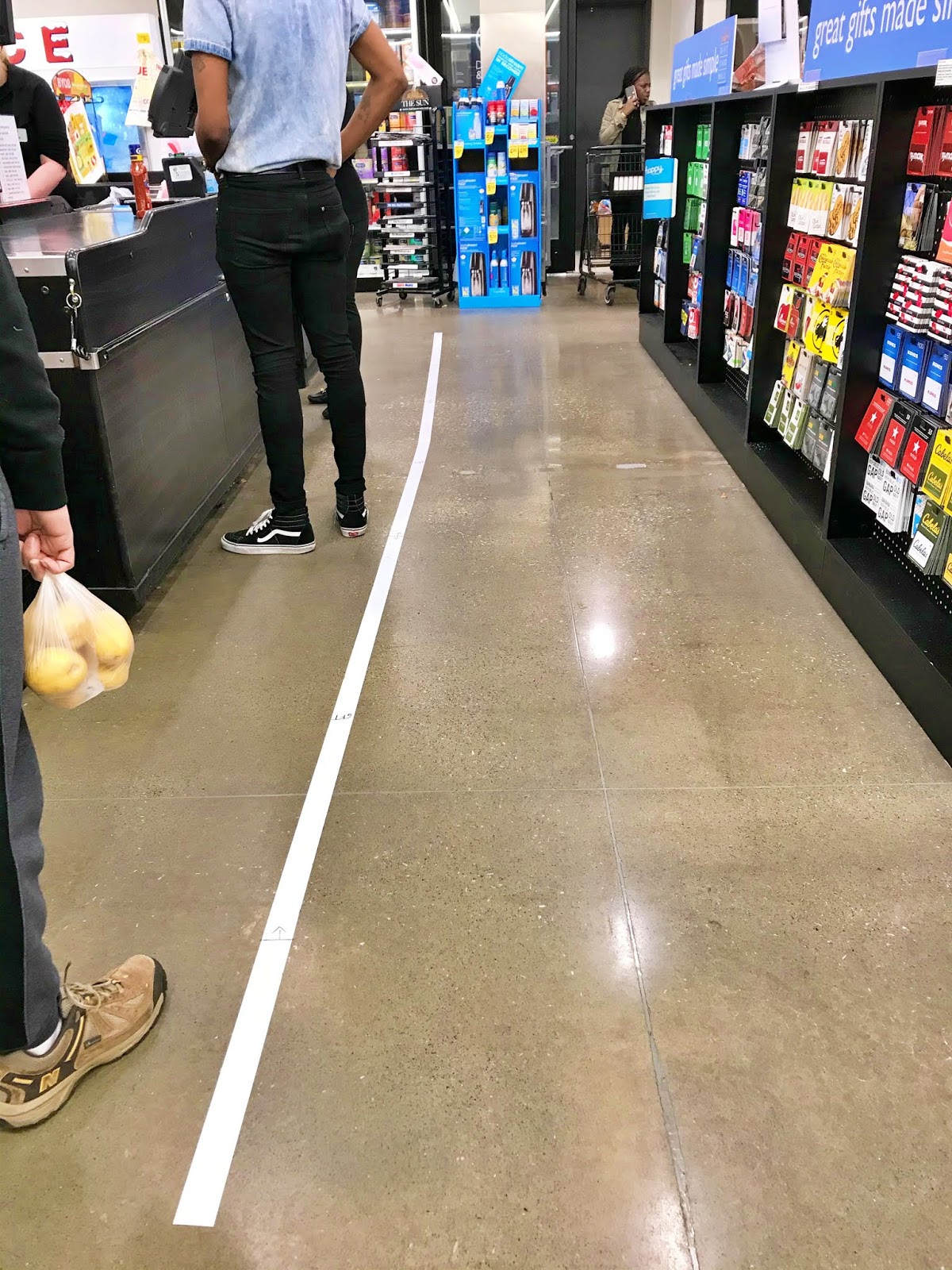Busting Myths On The Coronavirus Precautions
As coronavirus continues to spread around the world, fake advice on how to avoid catching the disease is also spreading rapidly on social media.
To the producers of such lies, it is a humble request: "JUST STOP IT,” - avoid sharing information from untrustworthy or unverified sources. Your intention may be good, but know that misinformation during such a time could spread terror and can also result in people being left unprotected or more vulnerable to the virus. As social media influencers or bloggers, please remain as diligent about the accuracy of the information you share so that you can follow proper precautions to keep your loved ones safe.
To the people who are getting influenced by such lies, it is important to understand that the claims of these viral messages have not been backed by trusted healthcare professionals. Therefore, please seek accurate information from verified sources such as CDC, UNICEF or WHO and not from your favorite content creators (not even me).
To the producers of such lies, it is a humble request: "JUST STOP IT,” - avoid sharing information from untrustworthy or unverified sources. Your intention may be good, but know that misinformation during such a time could spread terror and can also result in people being left unprotected or more vulnerable to the virus. As social media influencers or bloggers, please remain as diligent about the accuracy of the information you share so that you can follow proper precautions to keep your loved ones safe.
To the people who are getting influenced by such lies, it is important to understand that the claims of these viral messages have not been backed by trusted healthcare professionals. Therefore, please seek accurate information from verified sources such as CDC, UNICEF or WHO and not from your favorite content creators (not even me).
Here are some popular fake “advice” that you should NOT be listening to:
- Avoid cold drinks, ice creams, and frozen food: This advice was spread by Bengali actress Srabanti Chatterjee following which, UNICEF was forced to release a statement on the weekend after it was linked to the advice, saying it was “wholly untrue”
- Avoid eating Chinese food: WHO has not listed Chinese food as a risk for catching the novel coronavirus.
- Stay away from the Chinese people: These diseases are naturally present in the environment. It cannot be spread deliberately by anybody.
- Only eat cooked and warm food: WHO’s advice only refers to meat products and suggests these should be “cooked thoroughly and properly handled during food preparation”
- Rinse your nose with saline water: WHO says there is some “limited evidence” that regularly rinsing your nose with saline can help people recover more quickly from the common cold.
- Wear N95 masks: General people who wear an N95 mask have a fit issue. The one that healthcare workers wear, have to go through a fit test first to make sure they have a perfect seal. Moreover, masks are for people infected with the virus, not for a healthy individual.
- Eat garlic, turmeric, onion seeds, star anise, etc.: According to WHO, there is no evidence from the current outbreak that eating garlic has protected people from the new coronavirus.
- Drink bleach: FDA is not aware of any research showing that these products are safe or effective for treating any illness.
- Avoid touching packages and mails: According to WHO, coronaviruses do not survive long on objects, such as letters or packages.
- Consume cow urine: Be rest assured that this information is false as WHO and CDC have not listed it as the cure for the novel coronavirus.
- And, stock grocery/toilet paper roll: This is crazy!
On a separate note, I went to my local grocery store and was amazed to see them put up a distance marker on the floor for the customer to maintain the 6 feet social-distancing rule. They have also put up a notice requesting the customers to limit their grocery shopping with a hope to limit hoarding.
 |
I would love to hear any weird advice that you must have come across on protecting yourself from the coronavirus. So, please do write to me.
